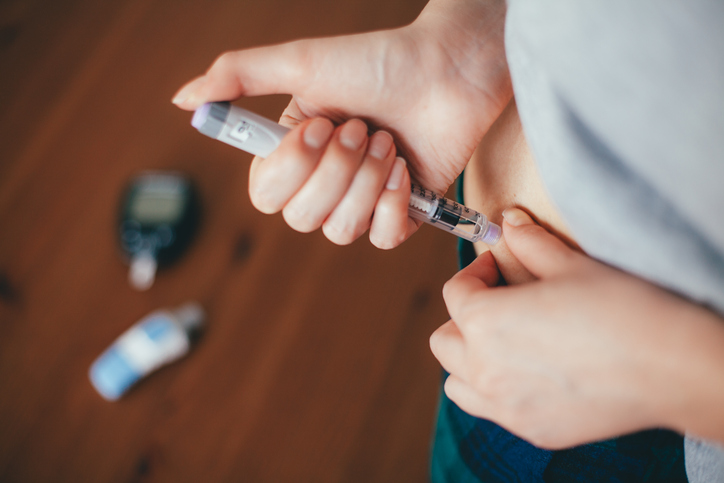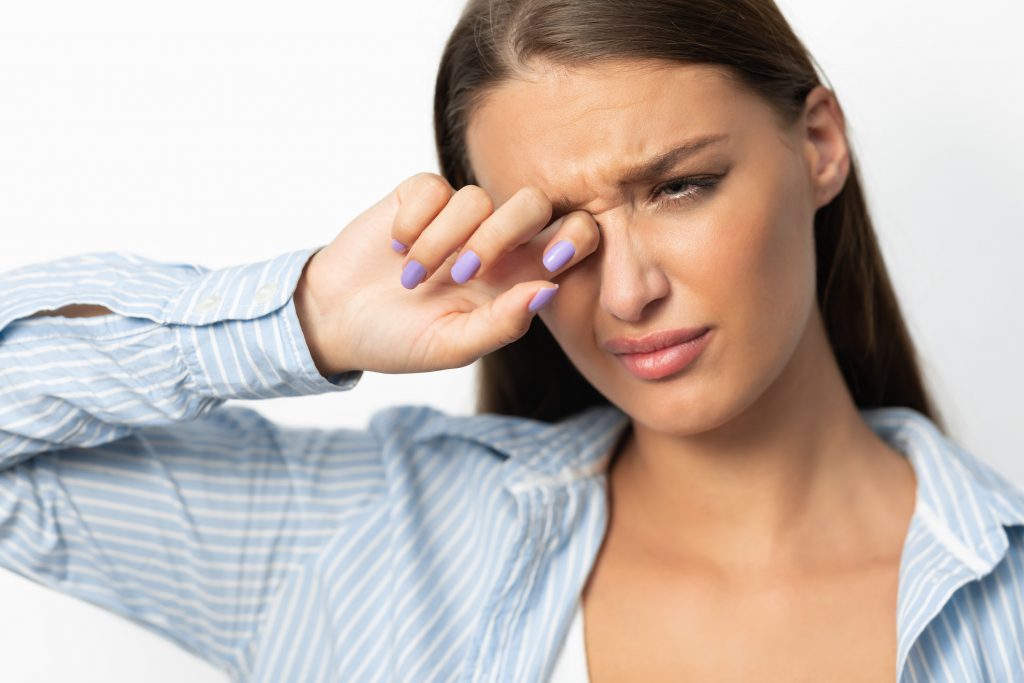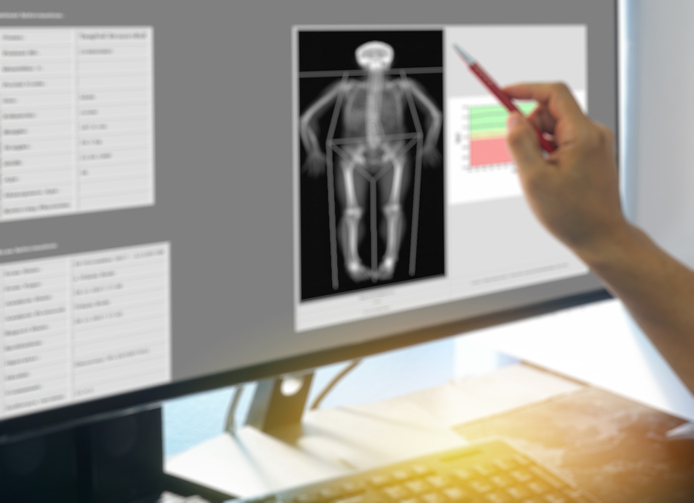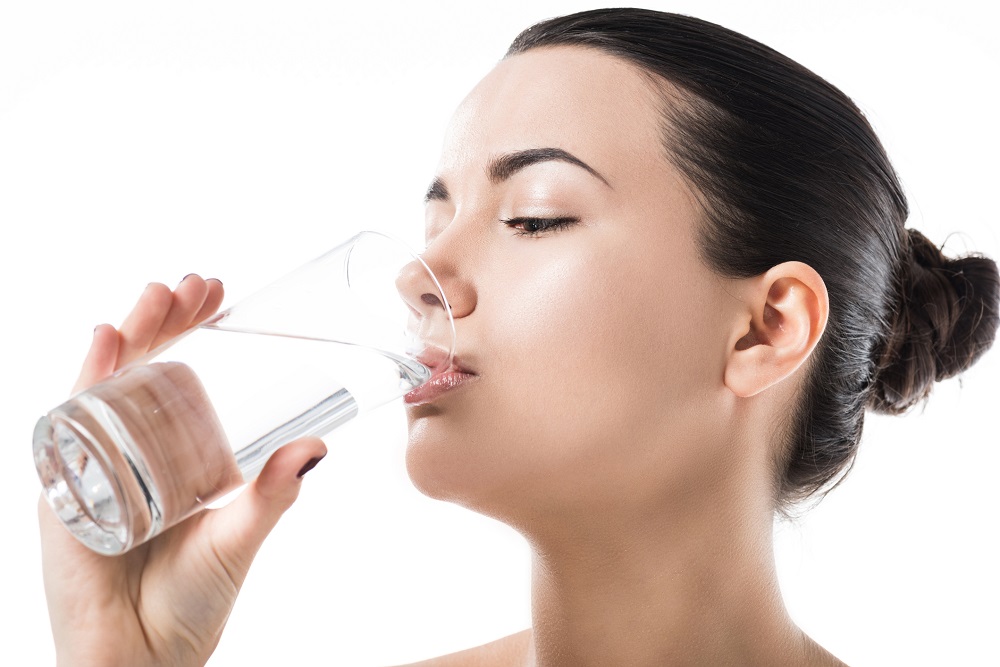
Insulin is a proven treatment to control blood glucose levels for people living with type 2 diabetes.
Below is some frequently asked questions (FAQ’s) regarding insulin:
Q. What is insulin?
A. Insulin is hormone that would typically be produced by the pancreas.
Q. Why would I need to take insulin?
A. When blood glucose levels can no longer be controlled by diet, exercise or oral medication, your doctor may prescribe insulin as a prescription to lower your blood sugar levels.
Q. Why is it important to keep my glucose levels as close to normal limits as possible?
A. High blood sugar levels can obstruct organ function which can lead to kidney failure, heart disease and may eventually cause blindness.
Q. Does insulin have any side effects?
A. One of the more common side effects of insulin is low blood sugar or hypoglycemia. This condition happens when too much insulin is taken causing you to experience anxiety, sweating, dizziness, nausea, confusion and lack of coordination. Hypoglycemia is remedied by eating or drinking a substance that contains sugar.
Q. How is insulin administered?
A. Insulin should be injected into the body’s fatty tissue. Be sure to rotate the injection sites since continual use in the same spot
Q. How long will I have to take insulin?
A. If you have type 2 diabetes, caused by a condition such as pregnancy, you may have to take insulin for a short period of time. If your type 2 diabetes is caused by your pancreas not making enough insulin, you may need to take insulin more regularly in order to remain healthy.
I hope you have found these questions and answers helpful and informative.
If you have additional questions or concerns regarding your blood sugar levels, diabetes or nutrition, please call the Jamaica Hospital Medical Center’s Ambulatory Care Center at 718-206-7001 to schedule an appointment.
All content of this newsletter is intended for general information purposes only and is not intended or implied to be a substitute for professional medical advice, diagnosis or treatment. Please consult a medical professional before adopting any of the suggestions on this page. You must never disregard professional medical advice or delay seeking medical treatment based upon any content of this newsletter. PROMPTLY CONSULT YOUR PHYSICIAN OR CALL 911 IF YOU BELIEVE YOU HAVE A MEDICAL EMERGENCY.








